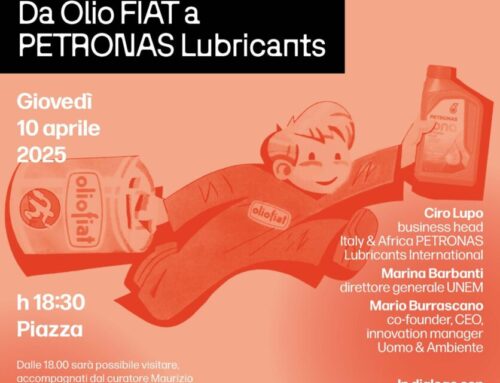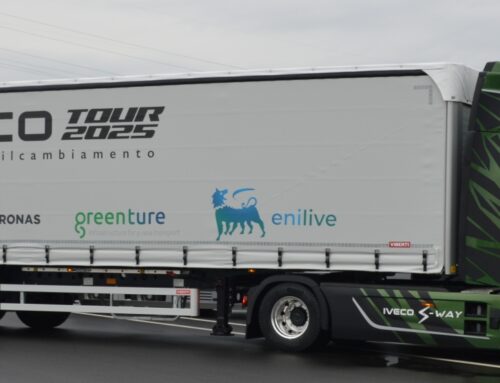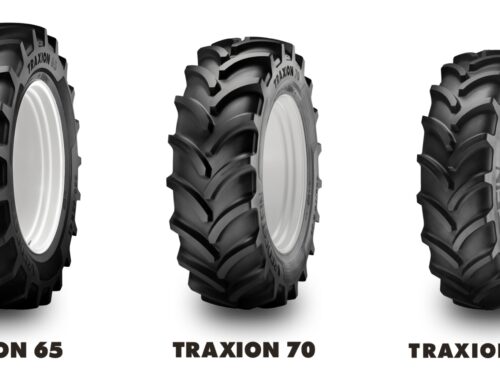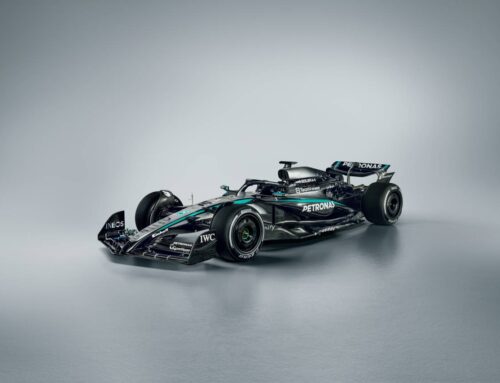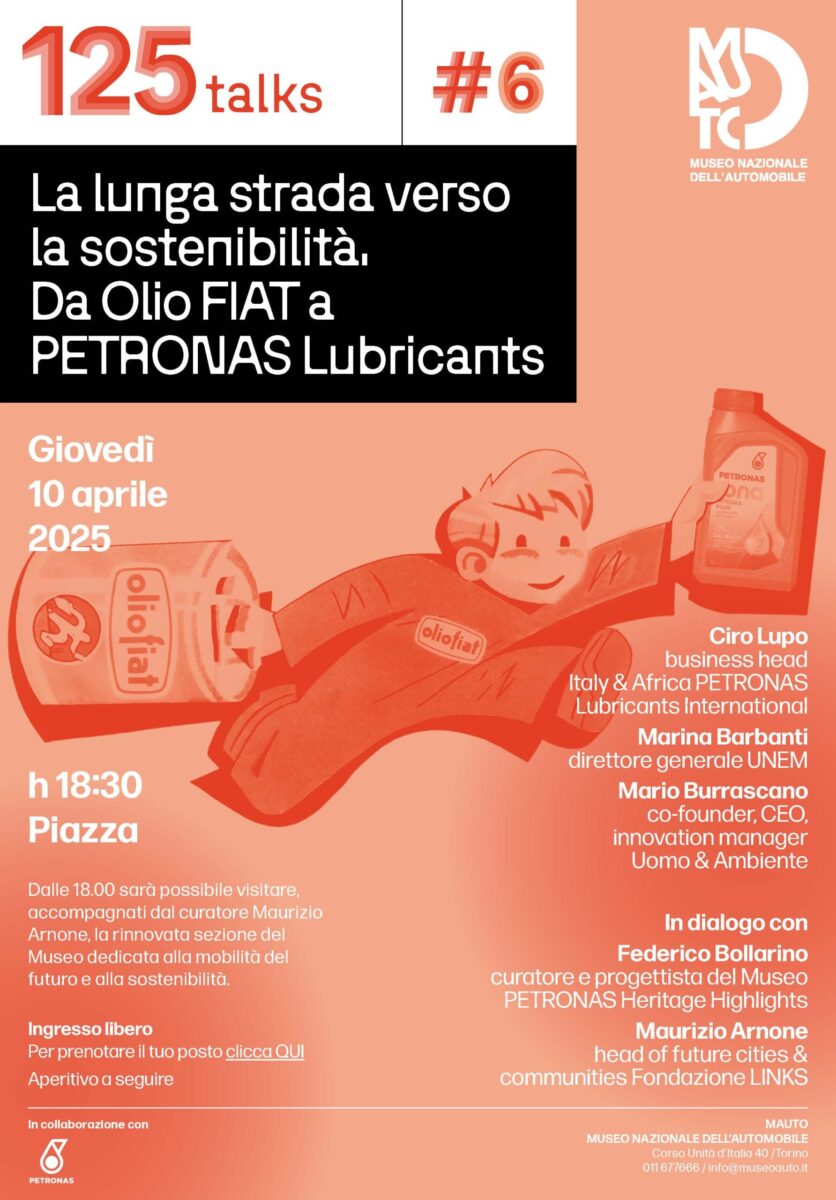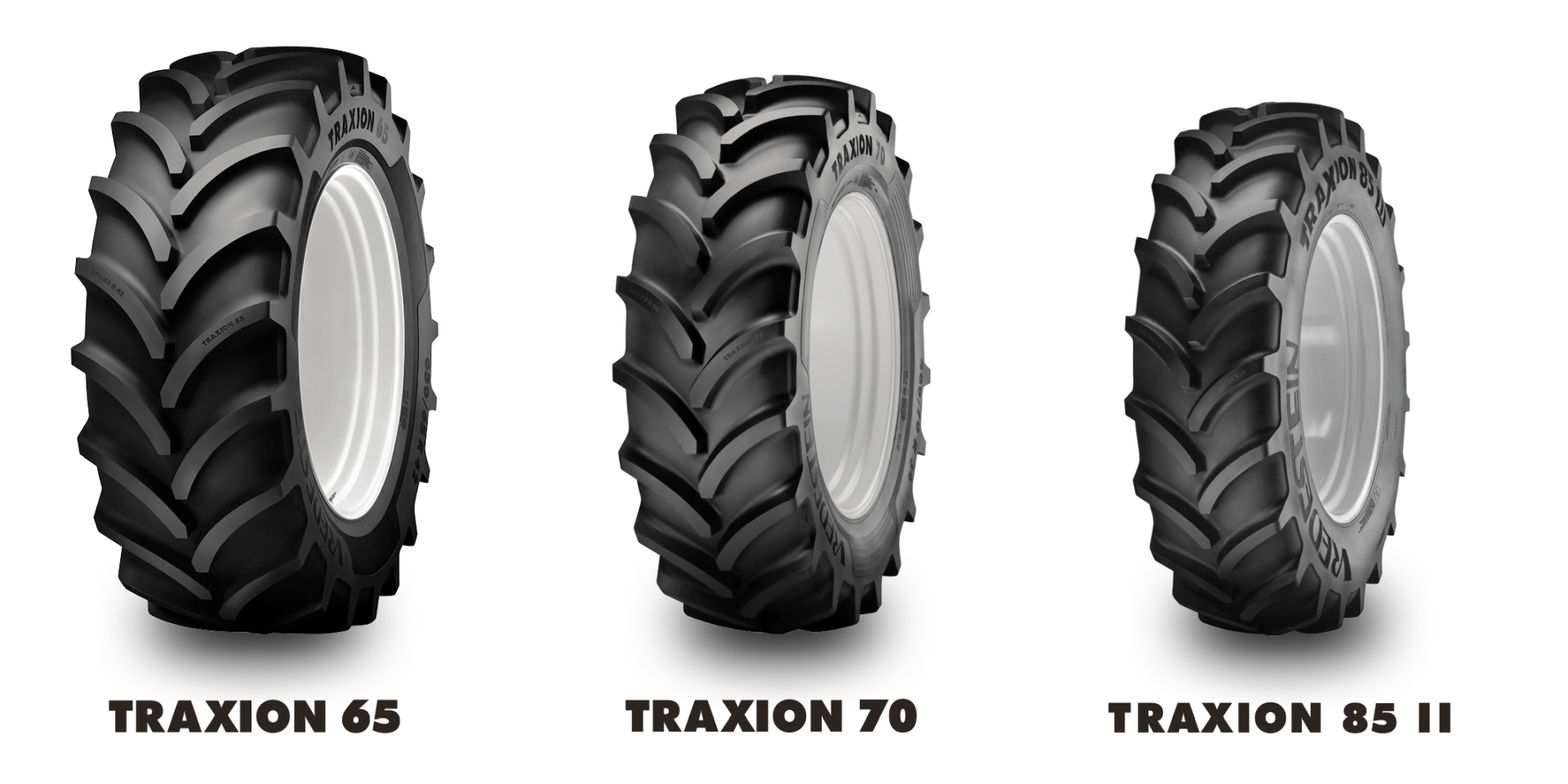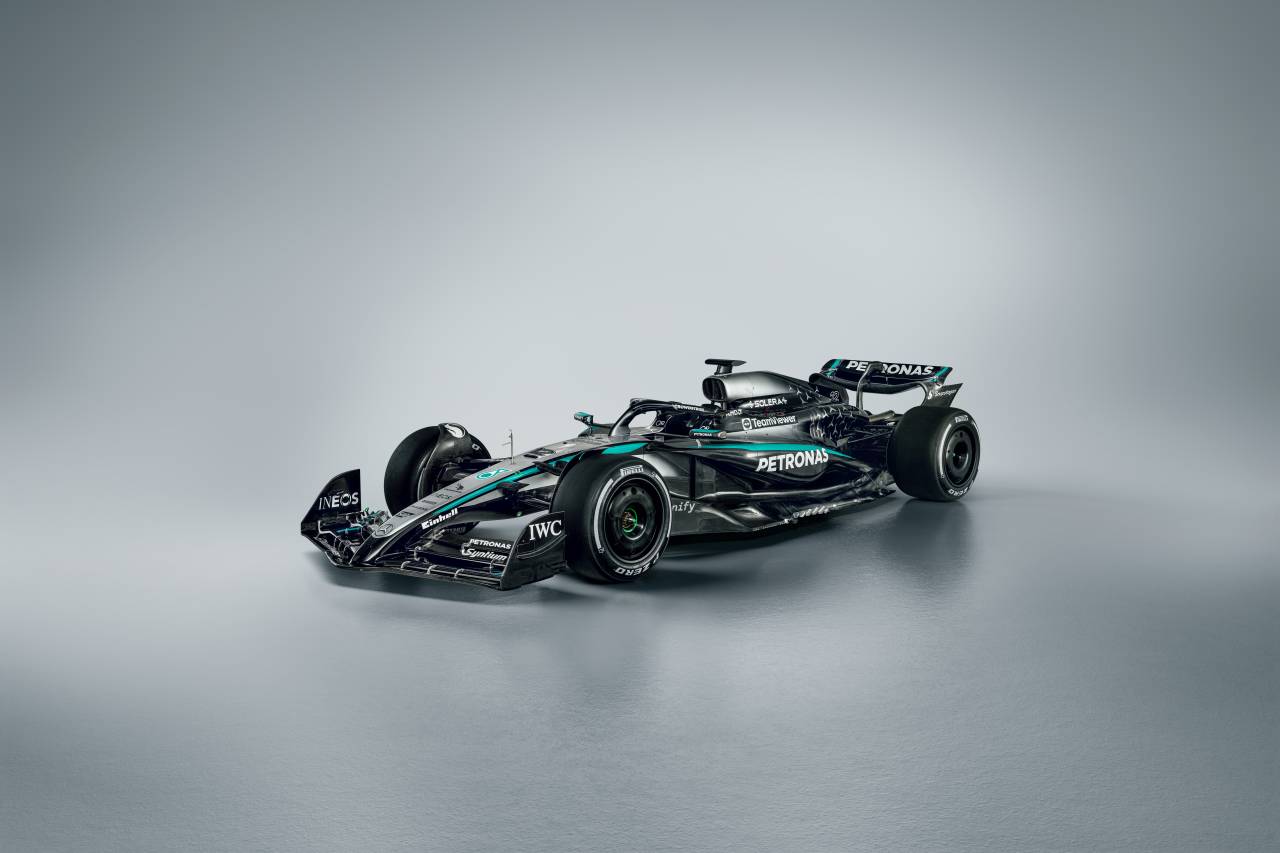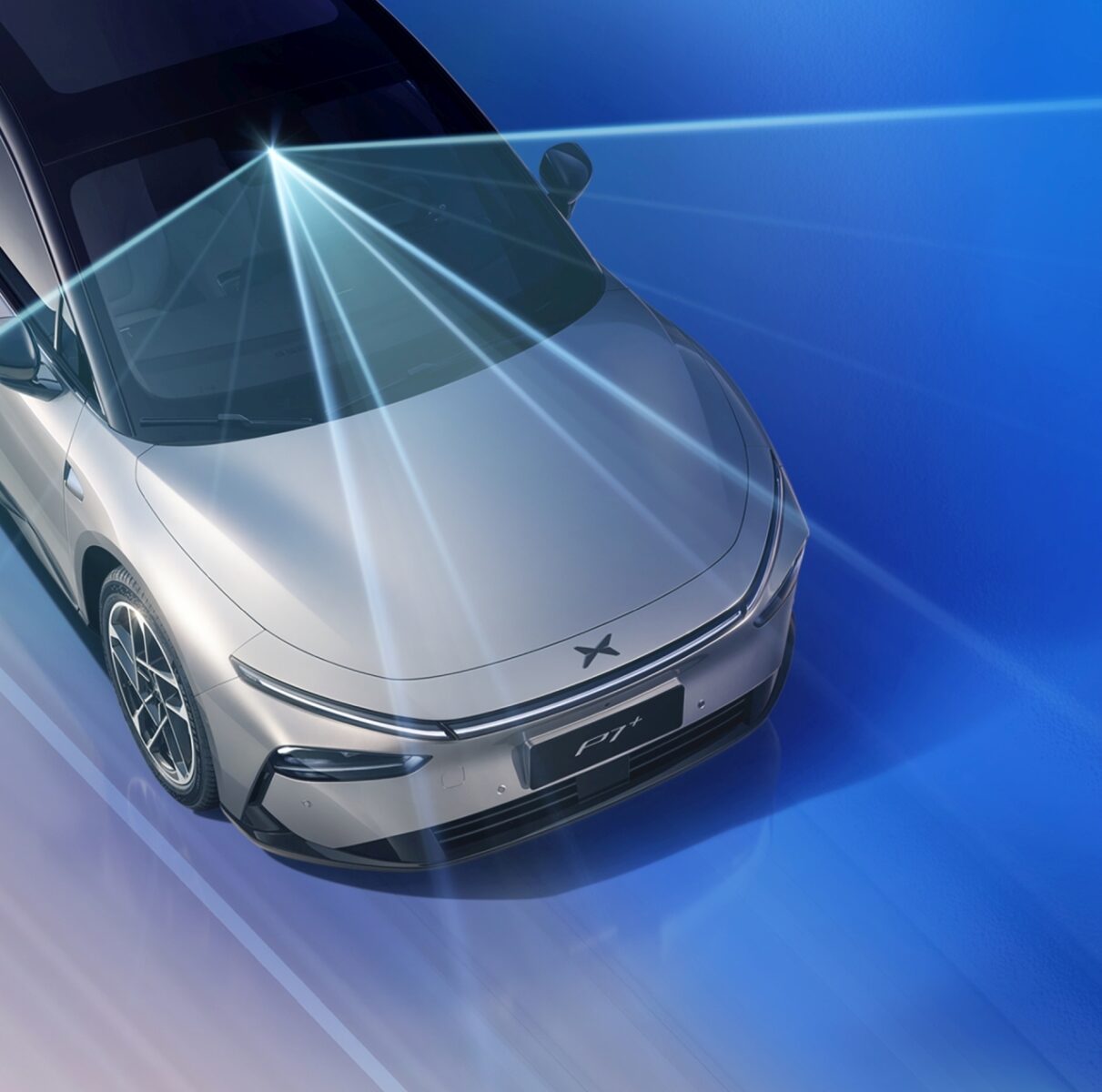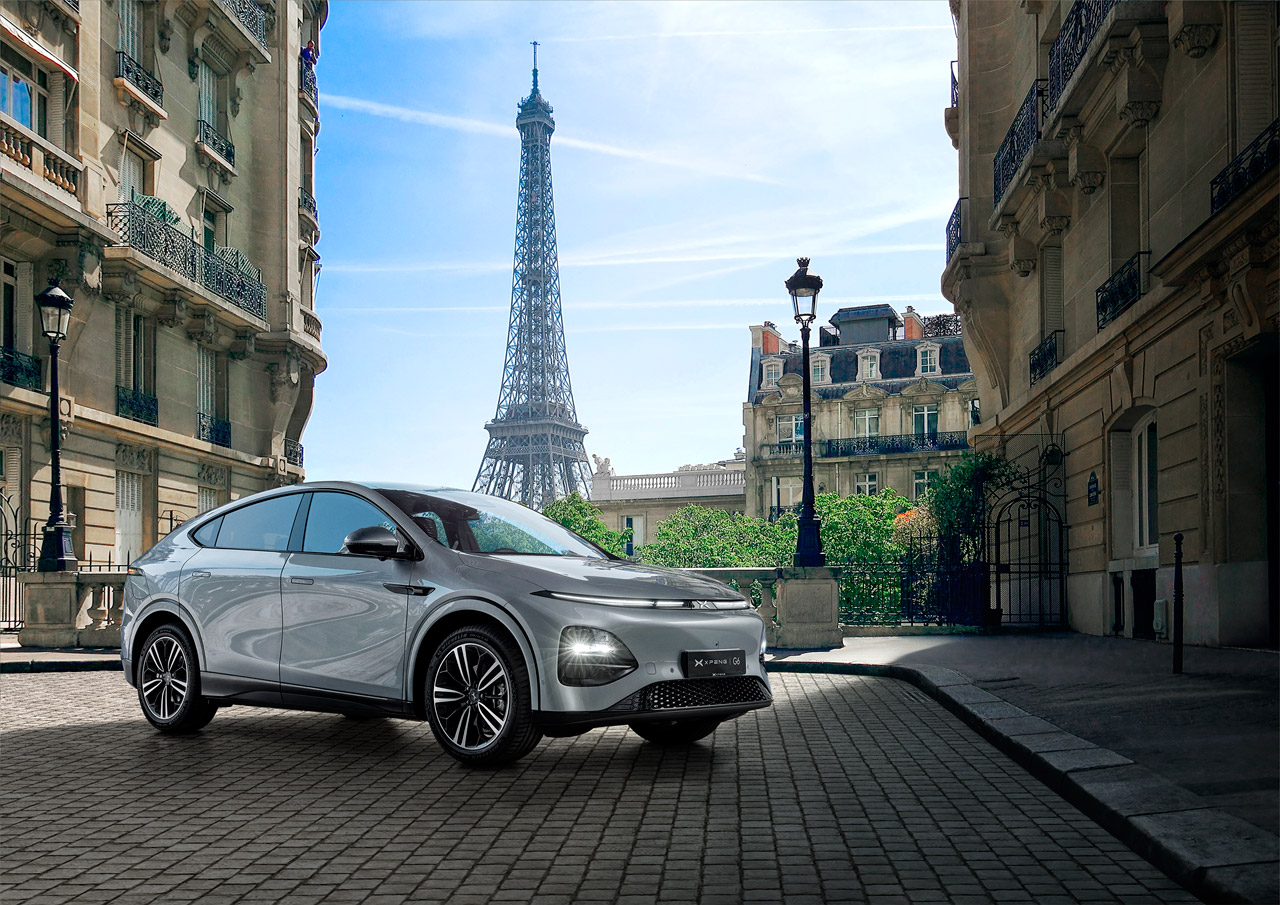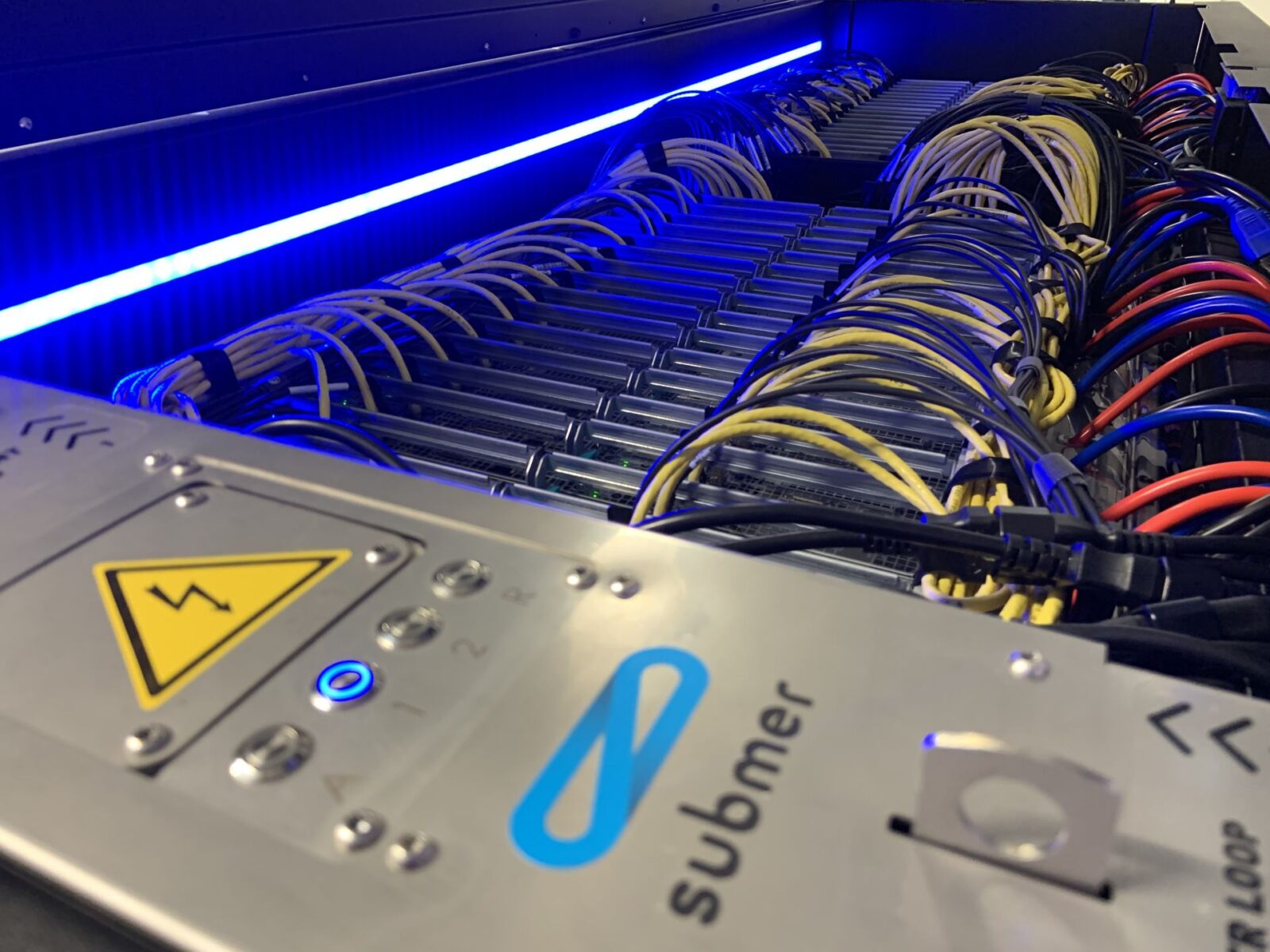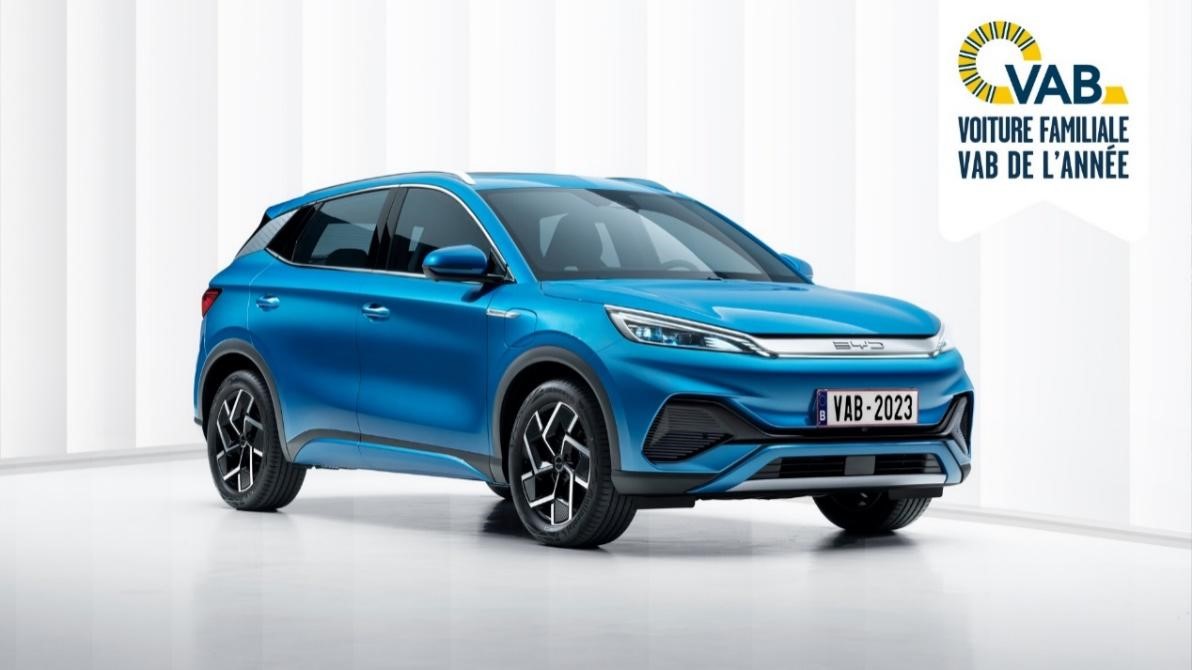- Hybrid Horizons: event will bring together industry experts from around the world to discuss hybrid technology in an innovative virtual format
- The free-to-join conference will run from 25 February to 1 March 2025, and is open now for registration
In February 2025, Castrol will convene ‘Hybrid Horizons’, a groundbreaking virtual conference focusing on the innovations, insights and emerging opportunities shaping the evolution of hybrid vehicles. The free-to-join conference will feature contributions from leading authorities in hybrid technology, including representatives from major vehicle manufacturers, technology firms and top-tier motorsport teams.
This carefully curated event will connect diverse audiences, from workshop owners to OEM strategists, sharing insights and expertise that will help drive hybrid mobility forward.
Castrol will kick off the conference on 25 February 2025 with a live session hosted from Audi’s state-of-the-art facility for the Formula 1 project in Neuburg, Germany, offering a behind-the-scenes sneak peek into the brand’s power unit development. Participants will then have online access to a comprehensive array of valuable on-demand conference content, available until 1 March 2025, that will include panel discussions, round tables and new market insights. This means participants can build their own unique ‘playlist’ of conference sessions and materials most relevant to them.
Castrol is hosting the conference as part of its global hybrid product development strategy. In 2023, the company launched HYSPEC, a new technical standard for its range of engine oils for hybrid vehicles. HYSPEC is a new benchmark for measuring the performance1 of Castrol’s engine oils for hybrids across the critical areas of contaminants, engine intermittency and system efficiency.
Join the leaders helping to drive the future of hybrid mobility. Participants can register for ‘Hybrid Horizons 2025’ today: https://hybridhorizons25.com/
Provisional conference content
The content ‘playlist’ for the virtual conference will be spread across four distinct zones: Insight, Innovation, Tech and Motorsport. Notable sessions and topic areas will include:
- An exclusive tour of Audi’s Formula 1 facility in Neuburg and an introduction to the people shaping power unit development
- How a changing global regulatory landscape may influence the future development of hybrid technologies
- How social media can be employed most effectively to inform and guide hybrid audiences
- How Gen Z and women view the future of mobility, and the priority areas for them
What is HYSPEC?
Castrol has spent over 25 years researching, testing, and reporting on the characteristics of hybrids, as well as conducting a year-long road trial using mild, full, and plug-in hybrids to capture over two billion pieces of data. Combined, the cars travelled over 300,000 kms for more than 7,000 hours – the equivalent of driving 24/7 for more than 42 weeks.
Additionally, Castrol has worked closely with vehicle manufacturers to develop hybrid testing techniques to enable them to constantly refine their vehicles and improve performance. Castrol has also worked closely with motorsport teams to test engine oils under the toughest conditions.
To validate its findings for HYSPEC, Castrol commissioned a third-party consultancy and external experts to conduct research with service centres, fleet operators and car owners to deliver a wider perspective on global markets.
The importance of hybrids in the powertrain mix
The launch of Castrol’s HYSPEC standard comes at a time when the demand for hybrid technology continues to grow – in 2025, a quarter of cars sold globally are expected to have a hybrid powertrain2. Castrol’s HYSPEC standard will support both car workshops and their customers in identifying the most suitable Castrol engine oil for their hybrid car.
While Castrol’s portfolio already includes many hybrid-ready engine oils, those badged with the new HYSPEC logo demonstrate at least 25%1 benefit against the HYSPEC standard, across the critical areas of contaminants, engine intermittency and system efficiency.
Mastering hybrid performance challenges
The regular switching between an internal combustion engine (ICE) and electric motor challenges engine oil in three key areas:
- Increased contamination due to cooler engine temperatures
- Reduced performance and protection due to engine intermittency
- Reduction in system efficiency due to cooler running and lower oil temperatures
Switching between an electric motor and ICE can cause hybrid engines to run at cooler temperatures, which can lead to water and fuel build-up in the oil. This can disrupt the effectiveness of some oils and cause engine deterioration. The switching between two power sources also means hybrid engines can operate at lower speeds, and then ramp up to high engine speeds quickly. Some oils can’t keep up, resulting in reduced engine performance and protection. Cooler running and lower oil temperatures can also lead to reduced engine efficiency and in turn, poorer fuel efficiency and charging of the battery.
To learn more about HYSPEC and Castrol’s range of engine oils for hybrids, please visit: www.castrol.com/hybrid
–ENDS–
Notes to Editors
1 Compared to minimum requirements set in industry specification and Castrol bespoke testing relevant to hybrid vehicle types, covering contaminants, engine intermittency and system efficiency.
2 As per predictions from LMC Automotive, a GlobalData company, 2023.
17 February 2025
Anicecommunication Press Office and Media Relations Castrol Italy >



